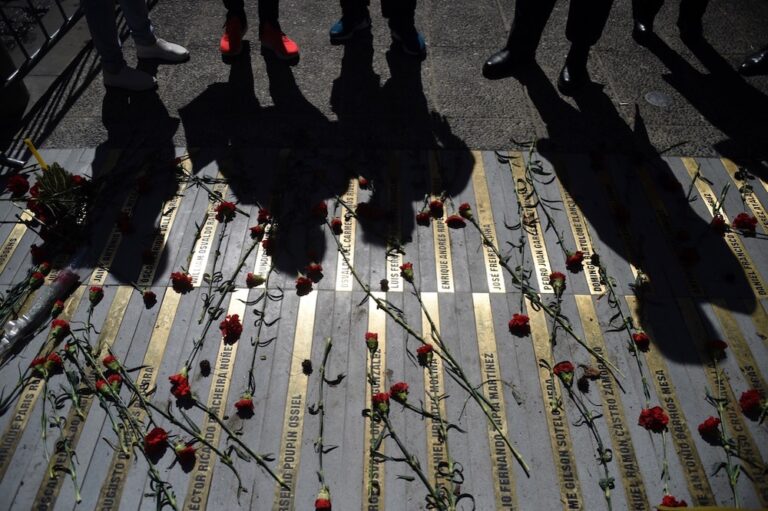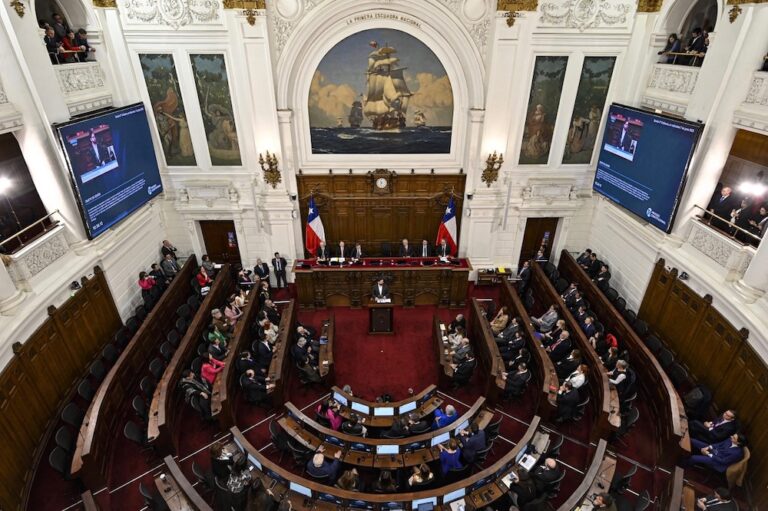(IPYS/IFEX) – On 5 August 2002, the Valparaíso Appeals Court accepted an appeal on behalf of accredited journalists and others who have been affected by the restrictions imposed by the Chamber of Deputies’ Interior Commission (Comision de Régimen Interno). On 16 July, the Commission decided to prohibit the press from freely circulating inside the National […]
(IPYS/IFEX) – On 5 August 2002, the Valparaíso Appeals Court accepted an appeal on behalf of accredited journalists and others who have been affected by the restrictions imposed by the Chamber of Deputies’ Interior Commission (Comision de Régimen Interno). On 16 July, the Commission decided to prohibit the press from freely circulating inside the National Congress. Valparaíso, a port city two hours from Santiago, is the seat of the Legislature.
The appeal was presented on the morning of 30 July by lawyers acting on behalf of the Freedom of Expression Forum of Diego Portales University.
At the same time as the appeal was being filed, in its 30 July session, the Commission reviewed the measures it had adopted the previous week. Despite bringing forward a number of modifications, however, the Commission upheld several restrictions on the press that are incongruent with the transparency that should befit a governmental institution.
As the on-line publication “El Mostrador” (www.elmostrador.cl) reported, the Commission dismissed the requirement that journalists must apply two weeks in advance in order to receive approval to cover the Chamber’s activities. Nevertheless, the letters of application still have to specify the journalists’ identity, what they will be reporting on and which members of parliament they plan to interview.
As regards restrictions on the movement of journalists, the Commission decided that accredited journalists will be permitted to access all areas of the National Congress, with the exception of hallways adjacent to the main chambers.
In another positive development, the Commission decided to make available to the public the minutes of the session during which members unanimously voted to impose restrictions on the press. This will help clarify matters, as a number of members of parliament had responded to criticisms by claiming to not have voted for the initiative. Moreover, the Commission agreed to record and make available all sessions and establish a voting system that is less confusing.


